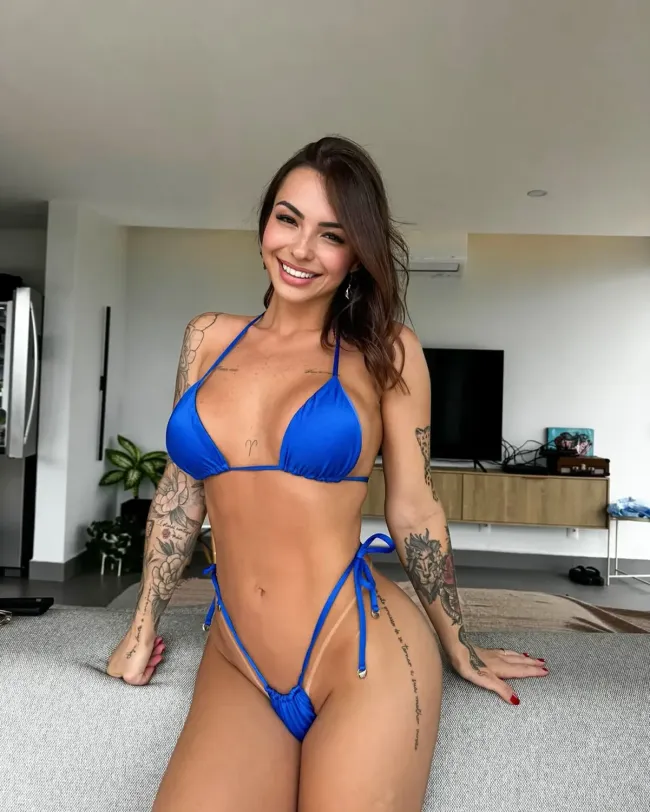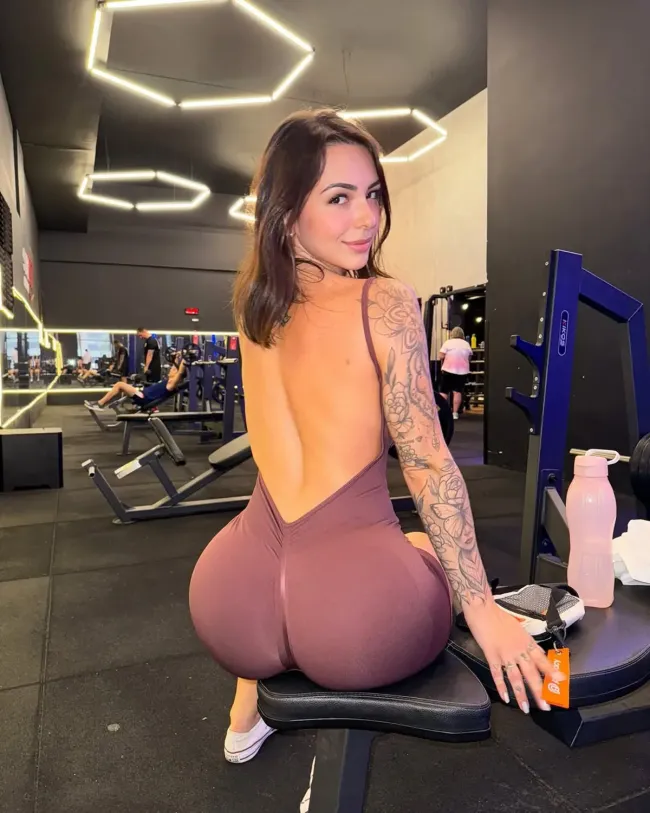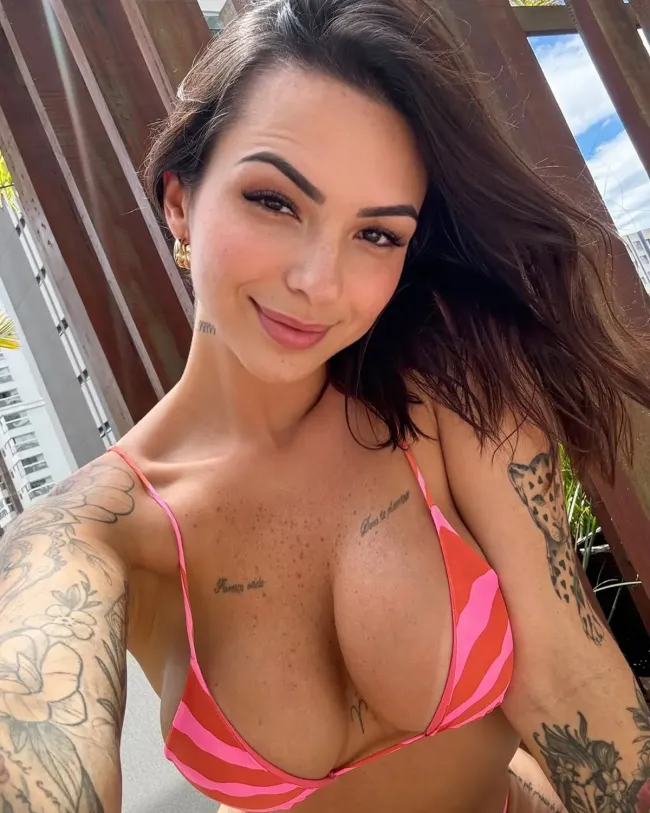AI Declares Karol Rosalin 'The Perfect Woman' – Are Real Women Being Left Behind?
The world’s first “Miss AI” beauty pageant has named Brazilian fitness influencer Karol Rosalin as the embodiment of “the perfect female body,” sparking debates about the implications of AI-driven beauty standards for women. This tech-based judgment highlights the growing role of artificial intelligence in shaping cultural ideals, while also raising critical questions about its impact on real-world perceptions of beauty.
Karol Rosalin: AI’s Vision of Perfection
Karol Rosalin, a 25-year-old Brazilian fitness influencer with over 700,000 Instagram followers, was rated a “perfect 10” by an AI model. This assessment considered factors such as her health, strength, and physical aesthetics, including symmetry and proportionality. According to Playboy Australia, Rosalin’s physique is regarded as “ideal in the fitness world,” celebrated for its definition and balance.
Rosalin credits her body to a disciplined lifestyle that includes strength training five days a week, daily aerobic sessions, and a nutrient-rich diet featuring fruits, vegetables, chicken, and oats. Her typical breakfast includes scrambled eggs, cassava, papaya, pineapple, oats, cinnamon, and coffee.
The Role of AI in Redefining Beauty
AI’s evaluation of Rosalin’s body signals a shift from traditional beauty standards that focus solely on appearance to one that integrates wellness and fitness. However, critics caution that AI’s supposed objectivity may simply reflect the biases present in its training data. For example, AI-generated images of women often reinforce Eurocentric ideals of beauty, favoring light skin, slim figures, and symmetrical features.

“Miss AI” Beauty Pageant: A Reflection of Bias
The “Miss AI” pageant, which crowned the AI-created avatar Kenza Layli as its overall winner, underscores the tension between advancing technology and entrenched societal norms. Despite claims of promoting diversity, the finalists largely adhered to conventional beauty ideals—young, thin, and predominantly light-skinned—raising doubts about AI’s ability to challenge stereotypes.
While the event’s organizers intended to showcase inclusivity, critics argue that it inadvertently perpetuated the same narrow standards beauty pageants have historically championed.
Impact on Women in the Real World
The emergence of AI-defined beauty standards carries significant consequences for women. While it introduces a framework that includes health and fitness, it risks promoting unattainable ideals calculated by algorithms. Rosalin’s recognition as the “perfect body” may inspire some but also sets a troubling precedent, suggesting that beauty can be reduced to metrics determined by AI.
Fitness expert Ben Lucas warns against these trends, emphasizing that beauty and fitness are inherently personal. “Genetics and lifestyle heavily influence body type and shape,” he says, encouraging individuals to prioritize their unique health goals rather than striving for an AI-defined ideal.

The Broader Debate: AI and Beauty Standards
The controversy surrounding AI-defined beauty goes beyond aesthetics, touching on issues of identity, representation, and the role of technology in shaping societal values. Critics argue that AI reinforces harmful stereotypes, while supporters believe it offers a chance to redefine standards in a more objective way.
The central question remains: Will AI-driven ideals become the new benchmark, or will society resist this homogenization of beauty? The answer will depend on whether people challenge these standards or passively accept them.
Conclusion
The rise of AI in defining beauty sparks a critical conversation about the future of societal ideals. Should AI-defined perfection shape our views, or is it time to embrace a broader and more inclusive understanding of beauty? Share your thoughts below.
